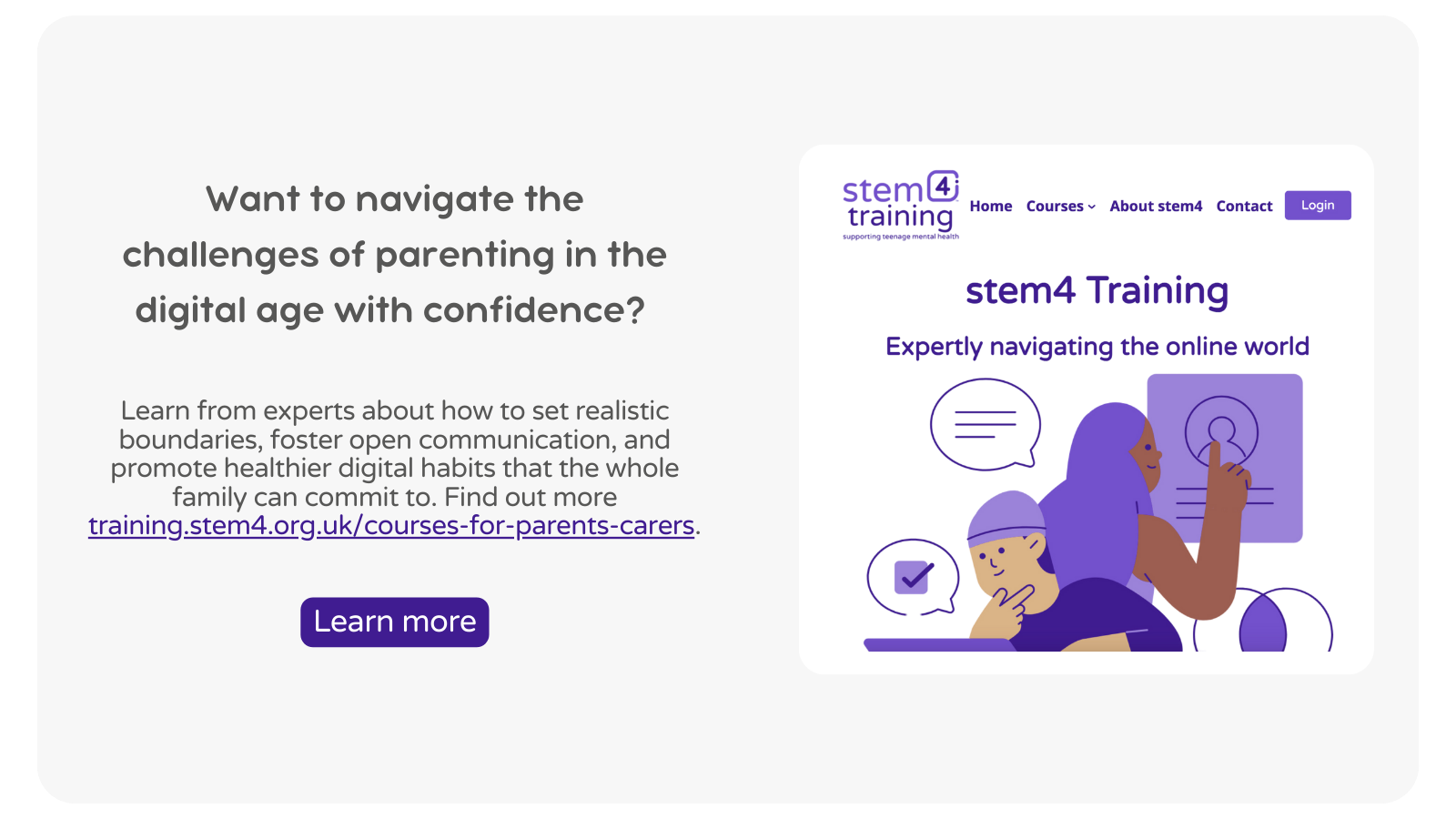Eating disorders
For parents/carers
This section is first and foremost for parents who may be worried that their teenager may be developing or currently has an eating disorder. It is also for parents whose teenager has a friend who has an eating disorder.
It is really important to take issues about eating and eating disorders seriously. Parents play an important part in the recovery process both directly and indirectly.
Try and be as informed as you can but don’t spend too much time trying to find out causes of the eating problems at the start; what’s more important is to stop the progression of the condition.

Points to remember
- Eating disorders are not ‘normal’ dieting and body shape concerns; they are serious mental illnesses with damaging physical consequences. They need consistent and long-term monitoring. Don’t be deceived by thinking it’s just a ‘passing phase’
- Try to move away from a reluctance to acknowledging there is a problem. Accepting the symptoms of these conditions and their negative effects are important in order to aid positive change. They are not being deliberately difficult. No one chooses to have an eating disorder
- Eating disorders respond well to early diagnosis and appropriate help
- Eating disorders alter the sufferer’s thinking and behaviour, so work with your child/teenager even if they may appear changed, secretive and defensive
- Your role in working with your child/teenager with an eating disorder is important. Keep your connection with them
- Consistency is crucial in bringing about change. This includes consistency of approach, tolerance, input and monitoring
- Do not lose sight of all of the other aspects of your child/teenager. Their eating is only one aspect of the person you know and care for
Common feelings shared by parents of someone who has an eating disorder:
- Feeling frustrated to be dealing with someone who doesn’t want help.
- Being bewildered, confused, distressed or angry.
- Feeling guilty – ‘did we/I contribute to the development of this in any way?’
- Feeling helpless and panicked about the possible consequences.
Four stages of bringing about change
Why not try our Combined Minds app?
This clinician-developed app, designed to help families and friends support young people with their mental health, has a section dedicated to supporting a young person with an eating disorder. It can be downloaded from the App Store or Google Play. Find out more at https://combinedminds.stem4.org.uk.
Or suggest the Worth Warrior app to your young person?
Worth Warrior is an app created for young people to manage negative body image, low self-worth, and related early-stage eating difficulties or disorders. This clinician-developed app can be downloaded from the App Store or Google Play. Find out more at https://worthwarrior.stem4.org.uk.
Visit our Further Advice page for details of other organisations that can help.





